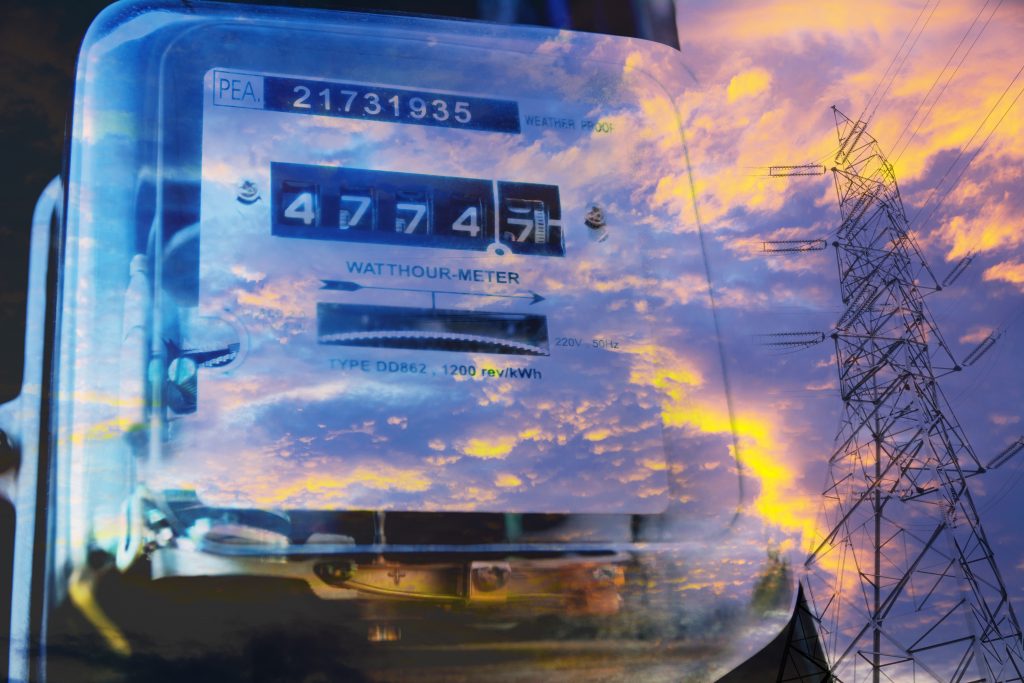In Alberta, you don’t necessarily have to sign a contract with an energy retailer, but it often depends on the specific circumstances. As a consumer, you have the option to choose between a regulated rate provider or a competitive retailer for your electricity and natural gas supply. The regulated rate is a variable rate that changes month to month based on market conditions. Competitive retailers, on the other hand, offer a variety of fixed-rate contracts which could potentially save money if market prices rise. So, while signing a contract isn’t strictly necessary, it could provide price stability over the contract term. Remember to carefully read the terms and conditions before entering into any agreement. View our affordable rates, to get Alberta’s best utility rates and plans.
Signing a contract with a competitive energy retailer in Alberta can be beneficial for a number of reasons. First, it offers price stability. Unlike the fluctuating rates provided by regulated suppliers, which can vary greatly month-to-month based on market conditions, contracts with competitive retailers lock in a set rate for a specified term. This means even if energy prices rise significantly, your rate remains the same, making budgeting for energy costs more predictable. Secondly, many of these retailers offer green energy options, allowing consumers to support renewable energy sources. Finally, some competitive retailers offer incentive programs, like rewards points or bundled services, adding extra value to their contracts. However, it’s important to fully understand the terms and conditions, including potential penalties for early termination of the contract, before signing.

Regulatory agencies usually oversee the activities of energy retailers to ensure they comply with consumer protection laws. This includes guidelines for transparent billing, the right to cancel or switch services under certain conditions, and mechanisms for dispute resolution.
While energy retailers don’t own the infrastructure for energy production and distribution, they usually have contracts with multiple suppliers to ensure a reliable flow of energy to their customers. They work closely with utility companies to manage demand and maintain service reliability.
Energy retailers and utility companies coexist to serve different roles within the energy ecosystem, particularly in deregulated markets like Alberta. Utility companies are traditionally responsible for the generation, transmission, and distribution of electricity and natural gas. They maintain the infrastructure, such as power lines and gas pipelines, to ensure that energy reaches consumers.
Energy retailers, on the other hand, act as intermediaries between consumers and the wholesale energy market. They purchase energy at wholesale prices and sell it to consumers at retail prices, handling customer service and billing. The existence of energy retailers introduces competition into the market, giving consumers a choice in providers and potentially better prices.
In summary, utility companies focus on the physical delivery of energy, while energy retailers focus on customer interaction, billing, and service customization. This division allows for greater market efficiency, more competitive pricing, and enhanced consumer choice.
Energy retailers often utilize demand forecasting tools to anticipate periods of high energy usage, like extreme weather conditions or special events. While they don’t control the generation or distribution infrastructure, they typically have agreements with multiple energy suppliers to ensure they can meet the demands of their customer base during peak times.
Online banking is generally considered safe when used responsibly and with precautions. Banks employ several security measures to protect customers’ financial information. These include encryption, two-factor authentication, and monitoring for suspicious activities. However, online banking can be vulnerable to cyberattacks, so it’s crucial for users to follow best practices like using strong passwords, regularly updating software, and being cautious about phishing emails or suspicious links.
Many energy retailers aim for transparency by providing detailed billing statements that break down costs clearly. Some also offer online calculators, mobile apps, or web dashboards that allow consumers to track their usage patterns and understand how different behaviors impact their bills.
Links